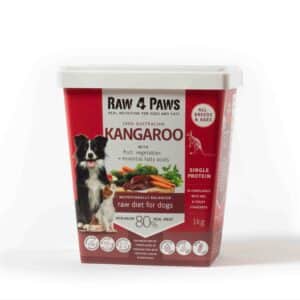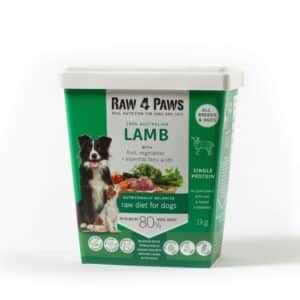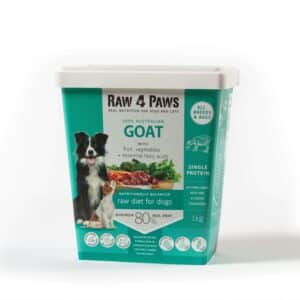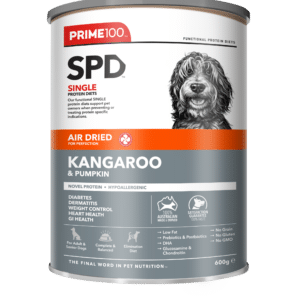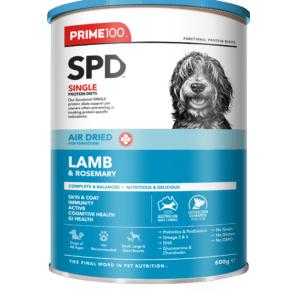
Dogs
At Toni’s Pet Station, we’re passionate about supporting the well-being of your dog. Our extensive range of products and services is designed to keep your furry friend happy, healthy, and well-groomed. From premium food and treats to engaging toys, grooming supplies, and accessories, we offer everything needed for a balanced and enriched life.
Whether it’s a nutritious diet, durable toys for playtime, or grooming essentials for a fresh look, our carefully curated collection caters to various needs. We also provide a variety of grooming services, from basic baths to full clips, ensuring your four-legged companion looks and feels their best.
Our knowledgeable team is always ready to offer personalised advice, helping you find the perfect products tailored to your companion’s breed, size, and lifestyle. Whether you’re a new pet owner or a seasoned pro, we’re here to ensure you have everything you need for your canine companion. Visit our store or browse our online selection to explore the best products available today!
Dog Food at Toni's Pet Station
Dog Treats at Toni's Pet Station
Dog Accessories in Store
Dog Health
-

NexGard Flea and Tick Small Dog Orange 3pk
$59.95 -
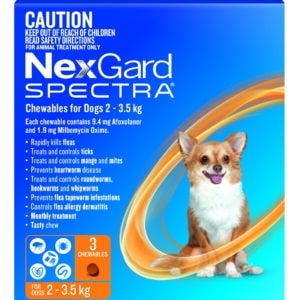
NexGard Spectra XS Dog Orange 3pk
$74.95 -
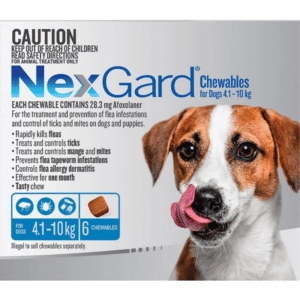
NexGard Flea and Tick Med Dog Blue 3pk
$62.95 -

NexGard Flea and Tick Lge Dog Green 3pk
$65.95 -

NexGard Flea and Tick XL Dog Red 3pk
$69.95 -

Bravecto 2-4.5kg 3 Month Chew
$82.95 -

Bravecto 2-4.5kg Chew 2 pack
$150.95 -

Bravecto 4.5-10kg 3 Month Chew
$85.95
Welcome to Our Dog Care Resource Centre
Dogs are more than just pets—they’re family. Whether you’re a first-time dog owner or a seasoned pet parent, providing the best care for your canine companion is a rewarding responsibility. Our Dog Care Resource Centre offers expert advice and practical tips to help you ensure your dog’s health, happiness, and overall well-being.
Nutrition: Fuelling Your Dog’s Health
A balanced diet is fundamental to your dog’s health. Providing high-quality food tailored to your dog’s age, size, and activity level supports their energy needs and overall vitality.
- Puppies require nutrient-rich diets to support growth and development.
- Adult dogs benefit from balanced meals that maintain optimal weight and energy.
- Senior dogs may need specialised diets to support aging joints and organs.
Always ensure fresh water is available, and consult your veterinarian for personalized dietary recommendations.
Exercise: Keeping Your Dog Active and Engaged
Regular physical activity is crucial for your dog’s physical and mental health. Exercise helps prevent obesity, reduces behavioral issues, and strengthens the bond between you and your dog.
- Daily walks provide essential stimulation and socialization.
- Playtime with toys or games like fetch keeps your dog mentally sharp.
- Interactive activities such as agility training or obedience classes offer both physical and mental challenges.
Tailor exercise routines to your dog’s breed, age, and health status to ensure safety and effectiveness.
Grooming: Maintaining Your Dog’s Appearance and Health
Consistent grooming not only keeps your dog looking their best but also promotes skin health and allows for early detection of potential issues.
- Brushing removes loose hair, prevents matting, and distributes natural oils.
- Bathing with dog-specific shampoos keeps the coat clean and reduces odors.
- Nail trimming prevents discomfort and mobility issues.
- Ear cleaning reduces the risk of infections, especially in breeds prone to ear problems.
Regular grooming sessions also provide an opportunity to check for parasites, lumps, or skin abnormalities.
Health Care: Preventive Measures and Veterinary Visits
Proactive health care ensures your dog leads a long, healthy life. Regular veterinary check-ups and preventive measures are key components of responsible dog ownership.
- Vaccinations protect against common diseases like rabies, distemper, and parvovirus.
- Parasite control through flea, tick, and heartworm prevention is essential.
- Dental care maintains oral health and prevents systemic issues.
- Spaying or neutering contributes to population control and may reduce certain health risks.
Monitor your dog for changes in behaviour, appetite, or energy levels, and consult your veterinarian with any concerns.
Training and Socialisation: Building a Well-Behaved Companion
Training and socialization are critical for developing a well-adjusted and obedient dog. Positive reinforcement techniques foster trust and encourage desired behaviors.
- Basic commands like sit, stay, and come enhance communication.
- House training establishes good habits and prevents accidents.
- Socialization with other dogs and people reduces fear and aggression.
- Advanced training or participation in dog sports can provide additional mental stimulation.
Consistency and patience are key to successful training endeavours.
Creating a Safe and Comfortable Environment
Your dog’s living environment significantly impacts their well-being. Providing a safe, comfortable, and enriching space supports their physical and emotional health.
- Secure fencing prevents escapes and protects your dog from hazards.
- Comfortable bedding offers a designated resting area.
- Safe toys provide entertainment and prevent boredom.
- Temperature control ensures your dog remains comfortable in various weather conditions.
Regularly assess your home and yard for potential dangers, such as toxic plants or accessible chemicals.
Travel and Transportation: Ensuring Safety on the Go
Whether it’s a trip to the vet or a family vacation, safe transportation practices are essential.
- Proper restraints like seat belts or crates prevent injuries during car rides.
- Identification tags and microchipping increase the chances of reunion if your dog gets lost.
- Acclimation to travel environments reduces anxiety and motion sickness.
Plan ahead to ensure your dog’s comfort and safety during travel.
Understanding Canine Behaviour: Interpreting Your Dog’s Signals
Recognising and understanding your dog’s body language and behavior enhances your relationship and allows for timely interventions when issues arise.
- Tail wagging can indicate excitement, but the position and speed provide additional context.
- Whining or barking may signal needs, discomfort, or stress.
- Changes in appetite or sleep patterns could indicate health concerns.
Observing and responding appropriately to behavioral cues fosters a trusting and responsive bond.
Committing to Lifelong Care
Caring for a dog is a lifelong commitment that brings immense joy and companionship. By focusing on nutrition, exercise, grooming, health care, training, and a safe environment, you ensure your dog leads a fulfilling life



